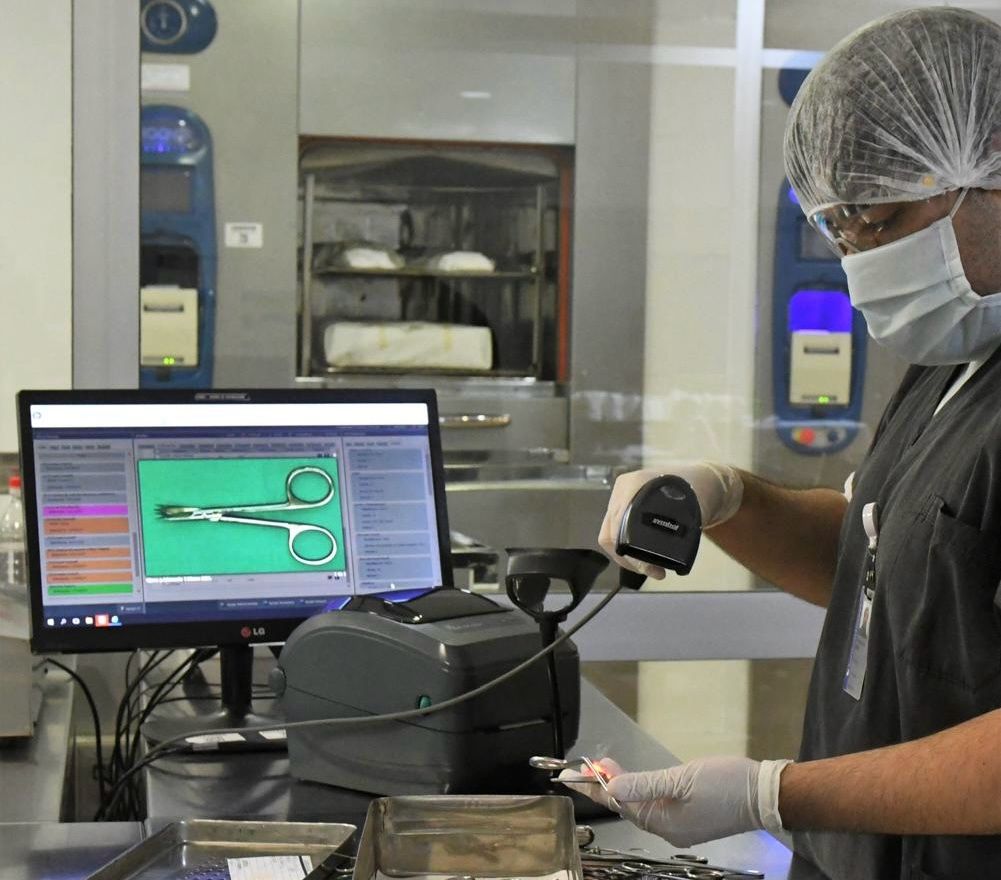Hospital Interoperability: the connection between systems as the key to total traceability

In modern hospitals, information flows through multiple systems: patient management, operating rooms, maintenance, pharmacy, sterilization, purchasing. However, when these systems do not communicate with each other, data flow becomes fragmented and traceability incomplete.
Hospital interoperability thus emerges as a decisive factor to ensure continuity, safety, and efficiency in healthcare processes.
In the field of sterilization and surgical instrument management, this integration becomes critical. Each set, device, and reprocessing cycle generates information that must be available not only to the central sterile services staff but also to the surgical team, pharmacy, supply management, and hospital administration.
Ensuring that this data travels automatically, securely, and in a standardized way is what transforms a traceability system into a true institutional management tool.
Interlab’s software was designed with that premise: to integrate with other hospital systems to ensure total traceability. Through interoperable interfaces, the records of washing, inspection, and sterilization are linked with modules such as electronic health records, operating room, and inventory, allowing each instrument to be associated with the patient and the procedure in which it was used.
This real-time data exchange reduces errors, streamlines logistics, and enables complete monitoring of each medical device’s life cycle.
Moreover, interoperability enhances data-driven decision-making. The indicators generated —reprocessing times, set utilization, equipment performance— can be analyzed alongside data from other systems, providing a global view of hospital operations. In this way, traceability ceases to be an isolated tool and becomes a cornerstone of digital transformation in healthcare.
In an increasingly interconnected healthcare environment, the ability to integrate systems is as important as the ability to record processes. Interoperability not only ensures complete traceability but also drives efficiency, patient safety, and the hospital’s operational sustainability.



